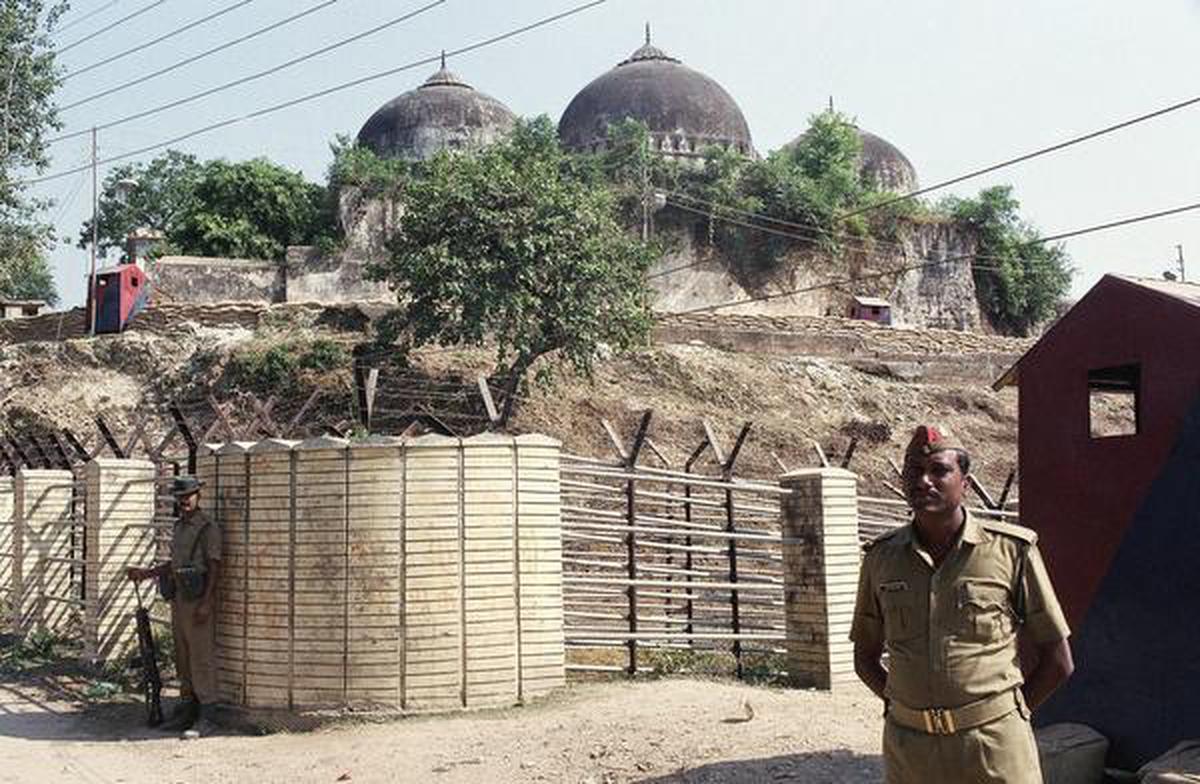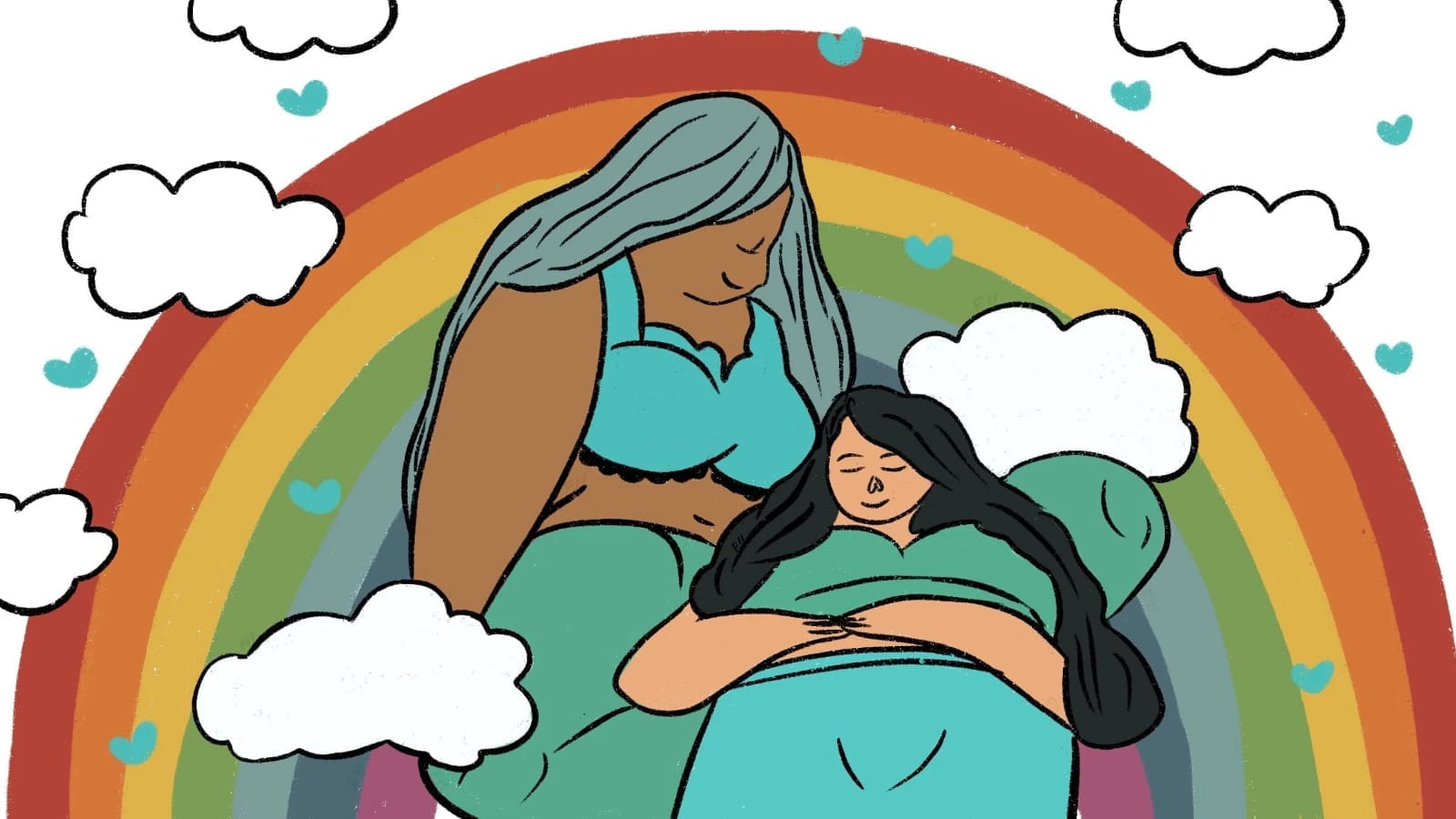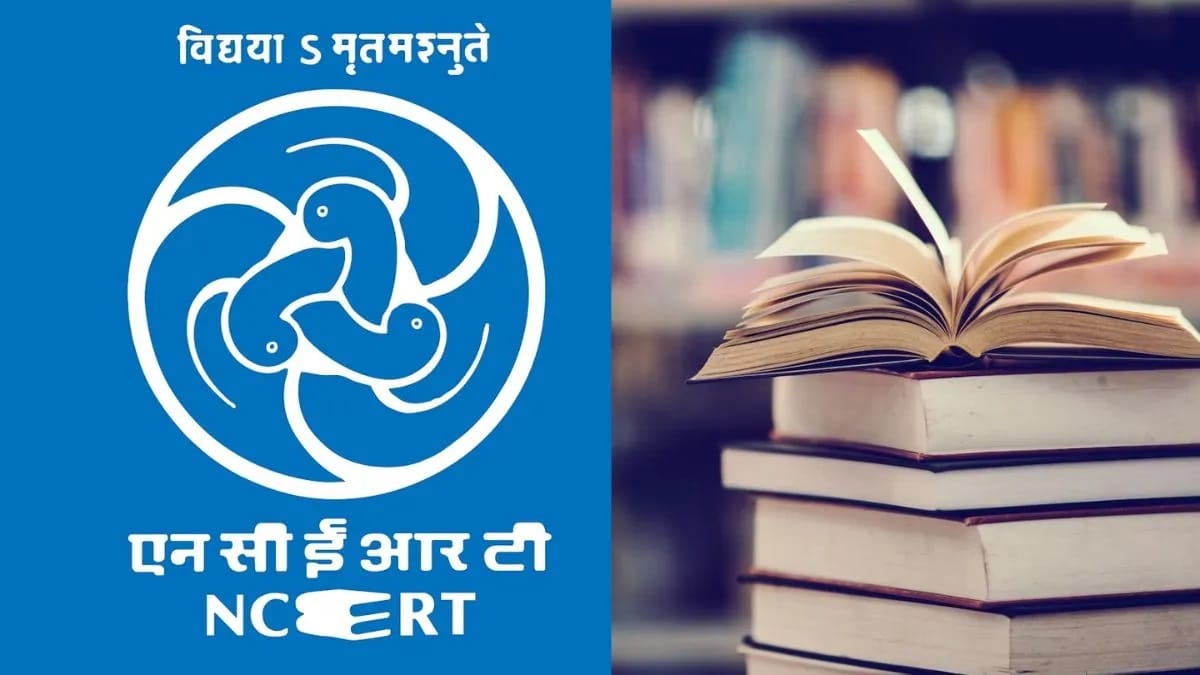In a move that has sparked widespread outrage and concerns about historical revisionism, the National Council of Educational Research and Training (NCERT) has reportedly removed references to the demolition of the Babri Masjid and the Gujarat riots from its textbooks for Class 11 and 12 students.
The Babri Masjid, a 16th-century mosque in Ayodhya, Uttar Pradesh, was demolished by a mob of Hindu nationalists on December 6, 1992, triggering nationwide communal violence that left hundreds dead. The Gujarat riots of 2002, which resulted in the deaths of over 1,000 people, predominantly Muslims, in a state-sanctioned campaign of targeted violence, were another pivotal event in India’s recent history.
These events, which have had a profound and lasting impact on the country’s social and political landscape, were previously included in NCERT’s history and social science textbooks. However, the latest editions of these textbooks have conspicuously omitted any mention of the Babri Masjid demolition and the Gujarat riots, effectively erasing these pivotal moments from the collective consciousness of the country’s students.
Revisionist agenda: Selective erasure of history
Historians and education experts have expressed grave concerns about this development, warning that the deletion of these references could have dire consequences for the way young people understand and engage with India’s past.
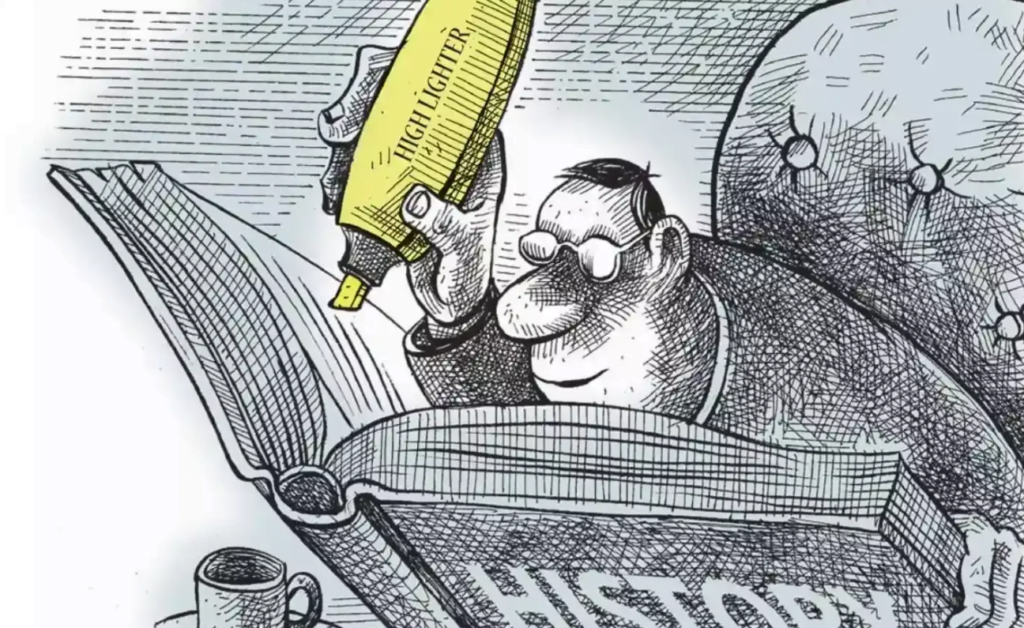
Heramb Kulkarni, an education expert, condemned the unexpected change and said, “The facts of historical events should be conveyed to the next generation. The party in power is eliminating those chapters. It fears that the truth will expose its ideology, but this will not work. The new generation is intelligent and technologically aware.”
Critics argue that the exclusion of these events is part of a larger pattern of historical revisionism, where certain narratives are selectively amplified or suppressed to align with the ideological agenda of the ruling government. “In a democracy, everyone has a constitutional right to education, but by making changes to suit their political agenda, the Union government is attempting to establish a silent dictatorship,” continued Kulkarni
The NCERT has attempted to justify the changes, citing the need to “align” the curriculum with the “contemporary needs of the country.” However, many educators and civil society groups have dismissed these claims, arguing that the preservation of historical truth and the promotion of inclusive, nuanced education should be the top priorities.
In its rationale for revising the content, the NCERT has stated that the changes are being made to “bring the initial questions in synchronisation with internal latest changes made in the chapter.” Regarding the deletion of the reference to the Babri Masjid demolition, the NCERT has said that the new version will focus on the “centuries-old legal and political dispute over the Ram Janmabhoomi Temple in Ayodhya” and the subsequent decision of the Supreme Court’s Constitutional Bench.
Similarly, the NCERT has justified the removal of the mention of Muslims killed in the Gujarat riots, stating that “in any riots, people across communities suffer” and that the text cannot “just be one community.” However, critics argue that this glosses over the targeted and state-sanctioned nature of the violence against the Muslim community during the Gujarat riots.
Implications for education and national unity
The decision to remove these references from NCERT textbooks has also raised concerns about the broader implications for the quality and integrity of India’s education system. In a report, Rahul Bhosale, a teacher and social activist, said, “If we look at the history of world politics, various countries have changed educational curricula for any person or political party to remain in power forever. They erased history and attempted to construct a new narrative for the next generation.”

Moreover, the deletion of these references is particularly concerning in light of the ongoing efforts by the Indian government to reshape the country’s narrative, both domestically and internationally. The ruling Bharatiya Janata Party (BJP) has been accused of actively promoting a Hindu nationalist agenda, which includes the glorification of certain historical figures and the downplaying or denial of events that are seen as contradictory to this narrative.
The Kerala government strongly criticised the National Council of Educational Research and Training for omitting references to the Babri Masjid demolition and Gujarat riots in its textbooks, accusing it of erasing historical facts. Kerala reaffirmed its stance against such actions, previously opposing similar moves by the NCERT and releasing supplementary textbooks with the omitted content.
Education Minister V Sivankutty emphasised the importance of children understanding reality through studies, reiterating Kerala’s commitment to resisting distorted history or scientific information in textbooks. The minister accused the NCERT of erasing historical facts and affirmed Kerala’s determination to maintain its position on the matter. The recent revisions by the NCERT, including dropping references to the Babri Masjid demolition and Gujarat riots and altering the mention of Manipur’s merger with India, were made public as part of routine updates and are not linked to the development of new books under the New Curriculum Framework (NCF).
Undermining democratic discourse
The NCERT’s decision to scrub these contentious events from its textbooks also raises concerns about the broader implications for democratic discourse in India. By selectively curating the historical narratives presented to the country’s youth, the authorities are effectively shaping the collective understanding of the past and how citizens engage with contemporary political and social issues.
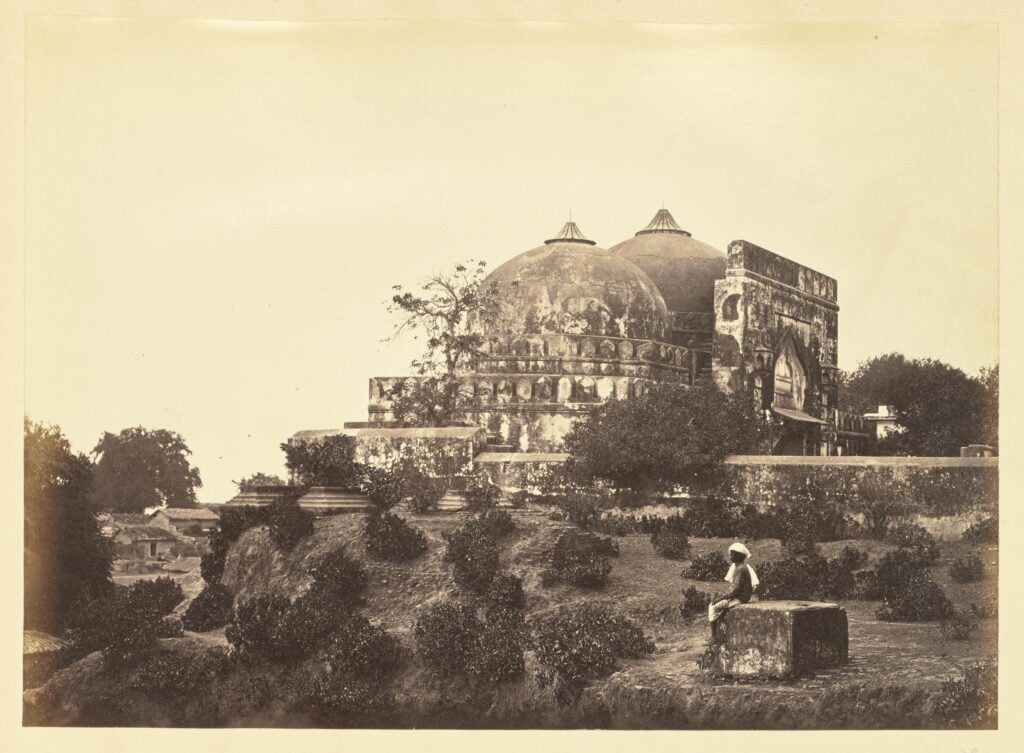
History is not just a collection of facts and dates; it is a tool for understanding the present and shaping the future. When we start to erase or distort the past, we risk undermining the very foundations of our democratic society.
Critics argue that the removal of references to the Babri Masjid demolition and the Gujarat riots from NCERT textbooks is part of a broader effort to downplay the role of Hindu nationalism and its impact on India’s social fabric. These events are not mere historical footnotes; they represent pivotal moments in the struggle for the soul of our nation. By erasing them, the authorities are effectively denying the very existence of these struggles and the sacrifices of those who fought for a more just and inclusive society.
Educators and civil society groups have emphasised the critical importance of maintaining a comprehensive and nuanced understanding of India’s history, particularly in the face of attempts to rewrite or suppress certain narratives. They argue that historical literacy is not just an academic exercise, but a vital tool for fostering democratic values, critical thinking, and social cohesion.
“Past dictators such as Hitler, Stalin, and Mussolini, as well as current tyrants Putin, Kim Jong-un, and Xi Jinping, seized control of their respective countries’ education systems and became dictators. The Union government is making minute changes to the curriculum, which is harmful to democracy,” said Bhosale.
As the debate around the NCERT’s decision rages on, it is clear that the issue of historical revisionism and the politicisation of education will continue to be contentious and critical in the years to come. The stakes are high, and the consequences of getting it wrong could be far-reaching, impacting not just the quality of education but the very fabric of India’s diverse and pluralistic society.
We cannot allow the deliberate erasure of our collective memory. The Babri Masjid demolition and the Gujarat riots are not just history; they are a part of the lived experience of millions of Indians. By removing them from the curriculum, we are denying our students the opportunity to learn from the past and work towards a more just and equitable future.
About the author(s)
Fat, neuro-diverse, and queer are the foremost words Sahil uses to describe themselves. A full-time undergraduate student of Economics at the University of Delhi, Sahil is a Laadli Media awardee of 2023. They are also a recipient of the Reliance Undergraduate Scholar for 2023 and various prestigious fellowships including Global Citizen Year Academy '22 and Civics Unplugged (Civics Innovator Fellowship ’22). Sahil regularly writes for Thred Media, and also for Youth Ki Awaaz as an alumnus of the Justice-Makers WTP ’22.
Sahil is part of UNICEF India's YuWaah Young People's Action Team (YPAT) 2023 and the YLAC Ambassador for Delhi.
